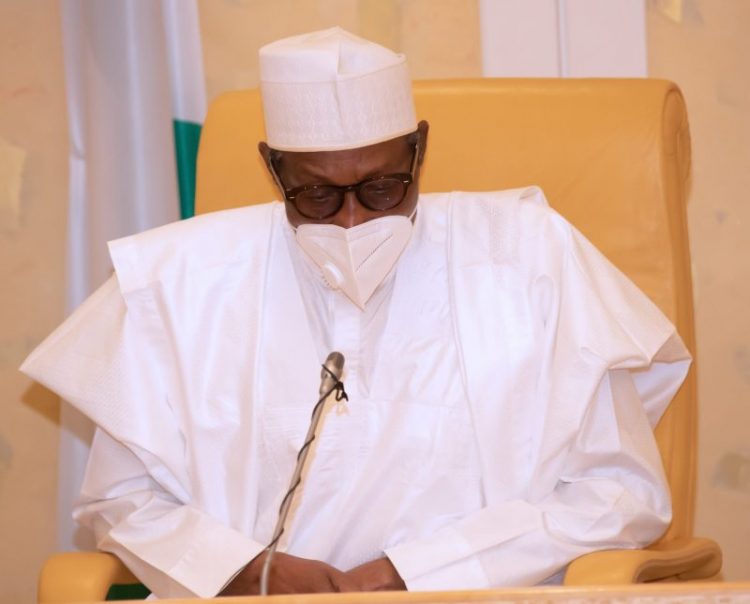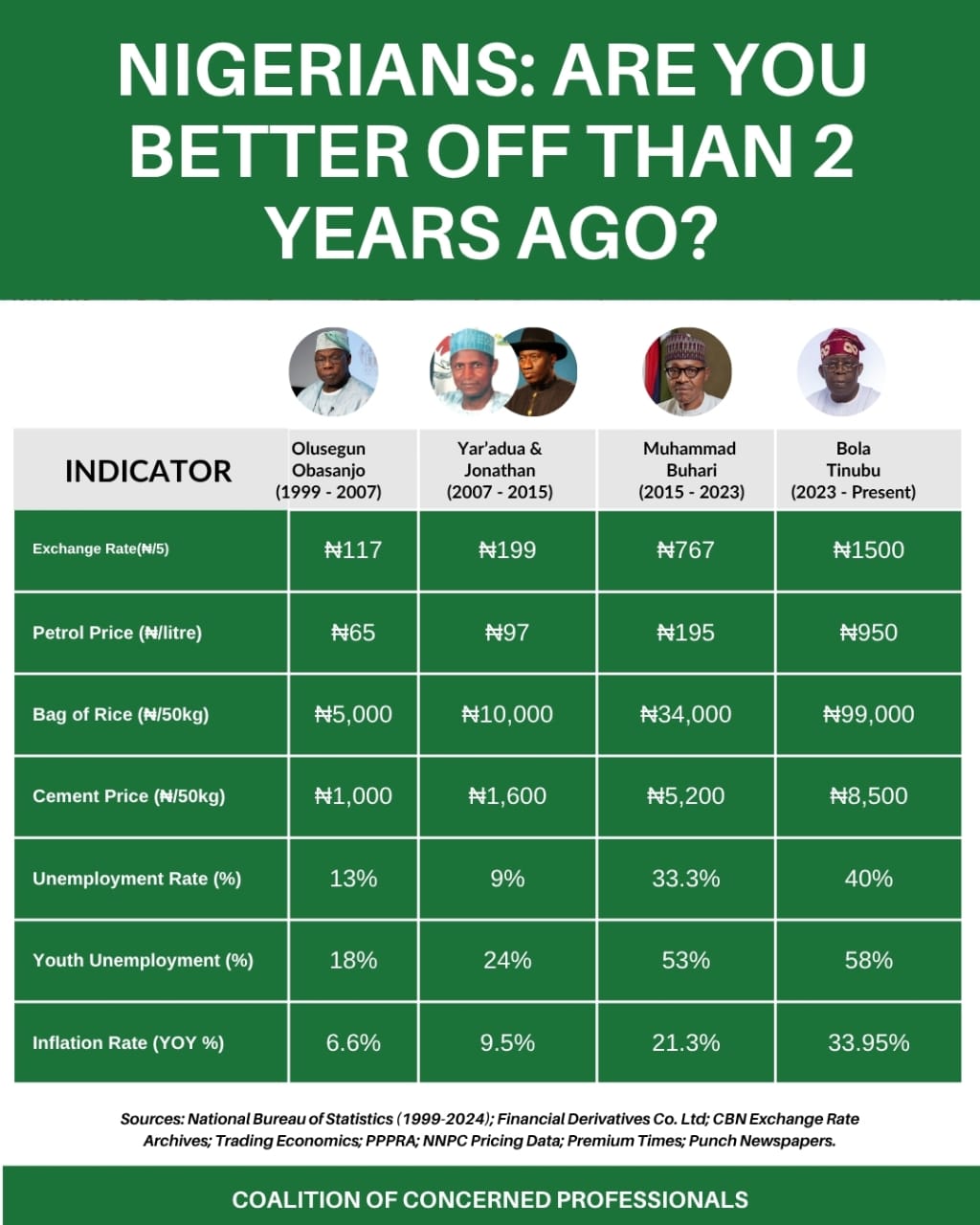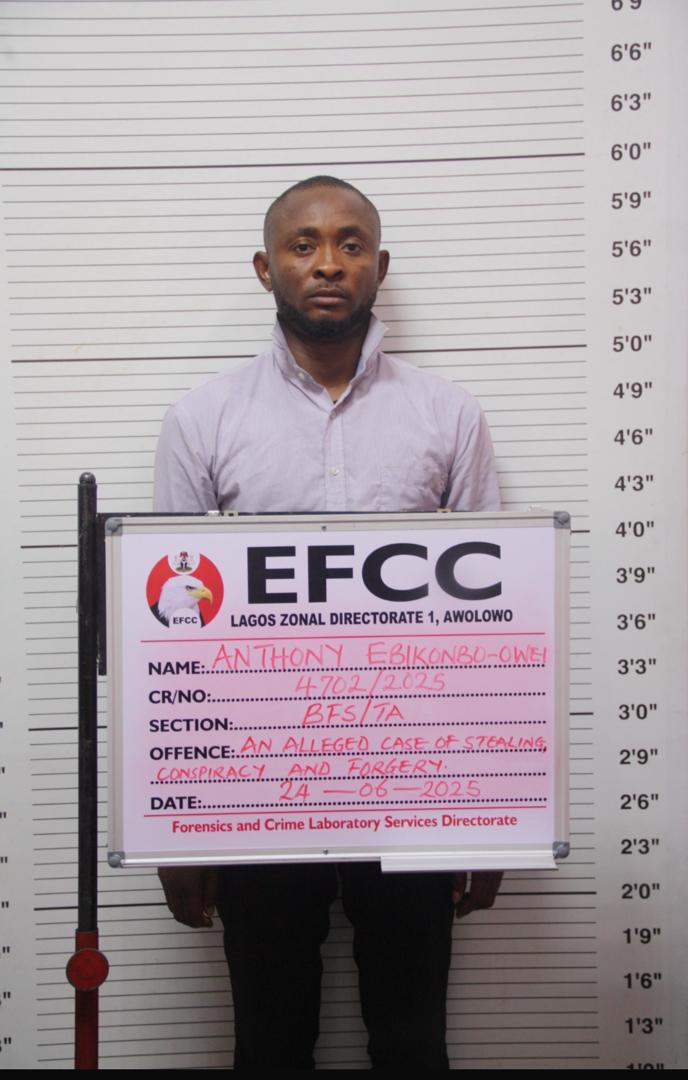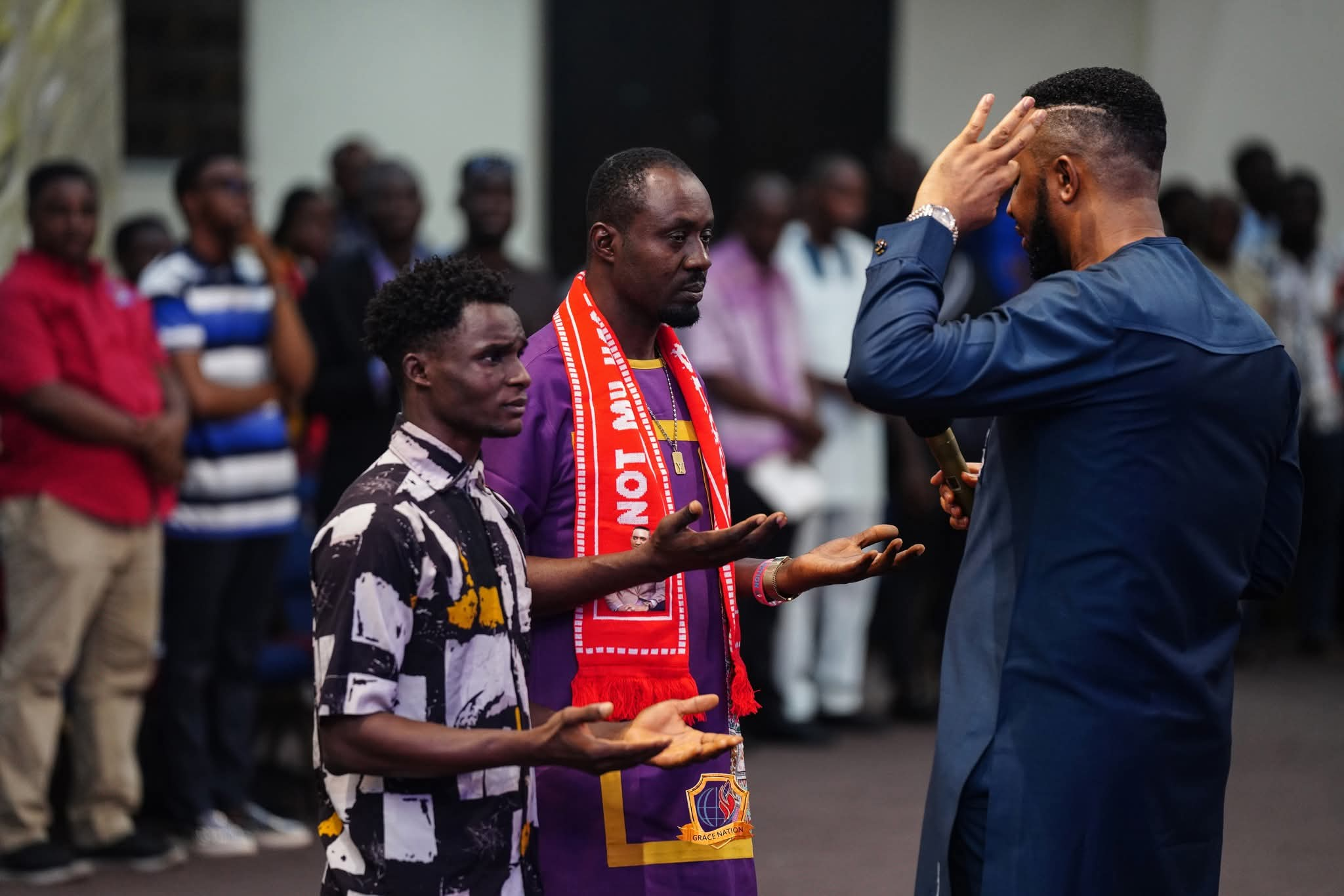
Buhari Begs UN For Nigeria’s Debt Cancellation
- Bayo Adetu
- September 25, 2021
- BUSINESS
- 0 Comments
President Muhammadu Buhari on Friday at the ongoing 76th Session of the United Nations General Assembly in New York, the United States of America, called for a regulation of arms and light weapons trade in the interest of human rights.
Addressing the gathering of world leaders, the Nigerian President expressed deep concerns at the devastating effects of small arms and weapons, calling for accountability in the conventional arms trade.
The Special Adviser to the President on Media and Publicity, Femi Adesina, revealed this in a statement titled, ‘At UNGA, President Buhari raises the alarm on the erosion of democracy in West Africa, urges world leaders to reject unconstitutional takeovers.’
The statement quoted Buhari as saying, “Nigeria remains deeply concerned over the illicit trade, transfer, and circulation of small arms and light weapons. Their excessive accumulation and uncontrolled spread in many regions of the world are having devastating humanitarian and socio-economic consequences, especially on the continent of Africa.
“It is on this note that my delegation calls for the worldwide application of the Arms Trade Treaty to codify accountability in the conventional arms trade, which is critical to the security of nations. This is in recognition of the need for a broad-based global partnership in the ongoing battle against trans-border crimes, including terrorism and piracy.”
Buhari also frowned on the recent trend of the unconstitutional takeover of power on the African continent, saying such actions must not be tolerated by the international community.
He warned that the democratic gains of the past decades in West Africa ‘‘are now being eroded’’ due to these negative trends.
He affirmed Nigeria’s support to efforts by ECOWAS, AU and the UN to address this growing challenge, saying, ‘‘As leaders of our individual member-states, we need to adhere to the constitutional provisions of our countries, particularly on term limits. This is one area that generates crisis and political tension in our sub-region.
“In this connection, my delegation underscores the importance of promoting peaceful, unfettered, and inclusive participation of states in global actions towards conflict prevention.
‘‘This will facilitate the achievement of the 2030 Agenda for Sustainable Development and the African Union Agenda 2063.”
The Nigerian President also called for fair and equitable international trade system, which he said was more important to African countries than foreign aid.
Buhari called for reforms that would engender recovery from the COVID-19 crisis, build resilience against future shocks and pursue transformative development strategies that could deliver the 2030 Sustainable Development Goals.
He said, ‘‘Nigeria reaffirms that international trade is an engine for development and sustained economic growth, as well as the global eradication of poverty.
‘‘My delegation would like to reaffirm the critical role that a universal, rules-based, open, non-discriminatory and equitable multilateral trading system can play in stimulating economic growth and development.
“Developing countries have been faced with unsustainable debt burdens even before the pandemic. The COVID-19 pandemic has increased the risk of a new wave of deepening debt, where vital public financial resources are allocated to external debt servicing and repayments at the expense of domestic health and financing for critical developmental needs.
‘‘I must commend the current initiatives by the international financial institutions and the G20 aimed at significantly mitigating the economic situation of the indebted countries and urge for more efforts in this regard.
‘‘Therefore, there is an urgent need to consider expansion and extension of the Debt Service Suspension Initiative to include all Developing, Least Developed Countries and Small Island Developing States facing fiscal and liquidity challenges.
‘‘In addition, a review of the eligibility criteria for debt suspension, including outright cancellation, is needed for countries facing the most severe challenges.’’











